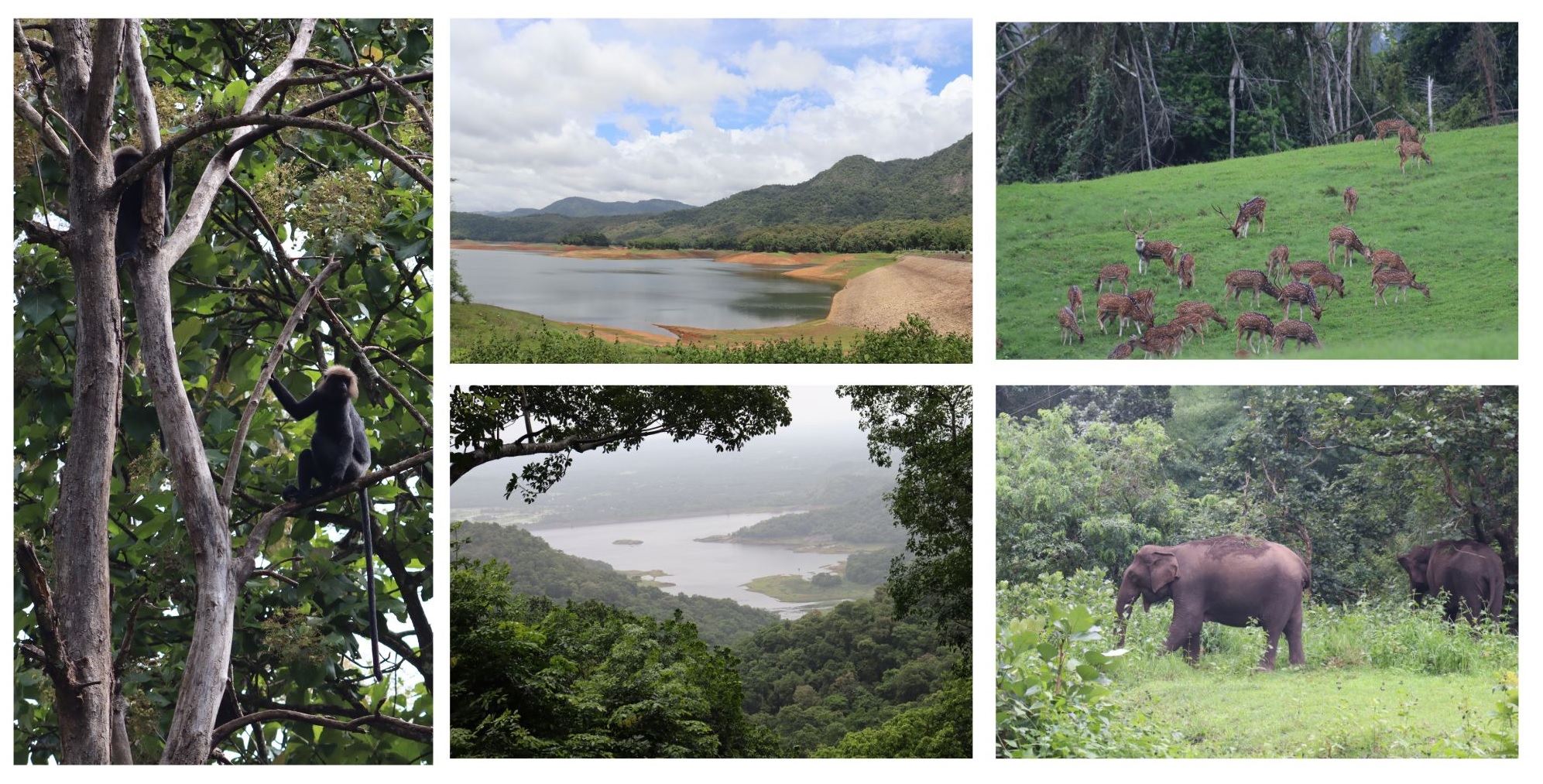Ecotourism

Eco tourism means management of tourism and conservation of nature in a way so as to maintain a fine balance between the requirements of tourism and ecology on one hand and the needs of the local communities for jobs, new skills, income generation and a better status for women on the other. The World Tourism Organisation has defined Eco tourism as 'Tourism that involves traveling to relatively undisturbed natural areas with the specified objects of studying, admiring, and enjoying nature and its wild plants and animals, as well as existing cultural aspects found in these areas'. In total, the definitions focus on three significant aspects - nature, tourism and local communities. It differs in the meaningful ways from mass tourism that aims at consuming nature and leaving it depleted on more than one front. Eco tourism aims at promoting environmental values and ethics and preserving nature in its uninterrupted forms. It thus benefits wildlife and nature by contributing towards ecological integrity. The tourists have a firsthand encounter with nature and learn to admire it than to ravage it. Since the essence of eco tourism lies in admiration of nature and out door recreation, it encompasses a wide range of activities such as trekking, hiking, mountaineering, bird watching, boating, rafting, biological explorations and visiting wildlife sanctuaries. The key elements of eco tourism are
- A well preserved eco tourism site to attract tourists
- Cultural and adventure activities
- Active involvement of local people who are able to provide authentic information about nature, culture and their ethnic traditions to the visitors.
- Empowering the local communities to manage eco tourism so that they ensure conservation through alternate livelihood opportunities.
Eco-tourism in Kerala
Ecotourism in Kerala was developed as part of the Participatory Forest Management for the benefit of the forest dependent communities. The service charges collected from the visitors of these sites constitute the Eco-system Management Fund which is utilised for maintenance and protection of the ecotourism centres, removal of wastes, providing basic visitor amenities and security to the visitors and remuneration to the members of VSS/EDCs engaged in various activities in the ecotourism sites. At present there are 389 Vana Samrakshana Samithies and 187 Eco Development Committees registered with the 35 Forest Development Agencies. The VSSs and EDCs are grass root-level organisations where forest dependent families are members participating in the planning and implementation of various forestry and community development programmes.
Ecotourism products like facilitation Centre, Camping Units, Interpretation centres, Trekking Trails, Purchase of Trekking and Camping Gears were developed in eco-tourism sites in Kerala including Neyyar-Peppara, Shenduruney Wildlife Sanctuary, Palaruvi Water falls, Thenmala Ecotourism, Thattekkad Wildlife Sanctuary, Silent Valley National Park, Eravikulam National Park, Pythalmala,Malabar Wildlife Sanctuary, Peechi Wildlife sanctuary, Vazhachal and Wayanad Wildlife Sanctuary. Visitation of domestic tourists has reached upto the carrying capacity of many destinations.
Tips for Visitors
- Total silence and discipline is required to spot wild animals.
- Early mornings and late afternoons are the ideal time to visit forests.
- Travelling alone is prohibited, especially in the Elephant Reserves.
- Do not wear colourful clothes or perfumes. Khakis, browns and greens are best suited.
- Always carry drinking water, tea/coffee, snacks etc.
- Seek the assistance of a forest guard while going into the forests.
- Do not disturb or tease animals.
- Trekkers are advised to use jungle boots to ensure safety.
- Carry a first aid kit with medicines for common ailments.
- Do not litter the surroundings.
- Do not remove anything from the Sanctuary.
- Carry a notepad, flashlight, road maps, bus/train/airline timetables.
- Do not try to explore unfamiliar things.
Prominent Ecotourism Locations in Kerala
Source: